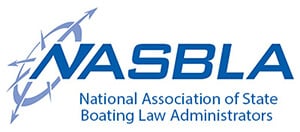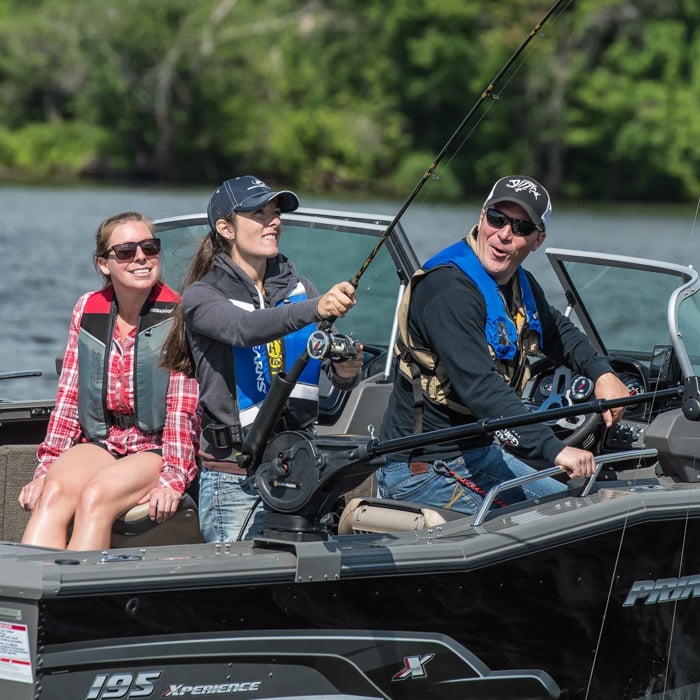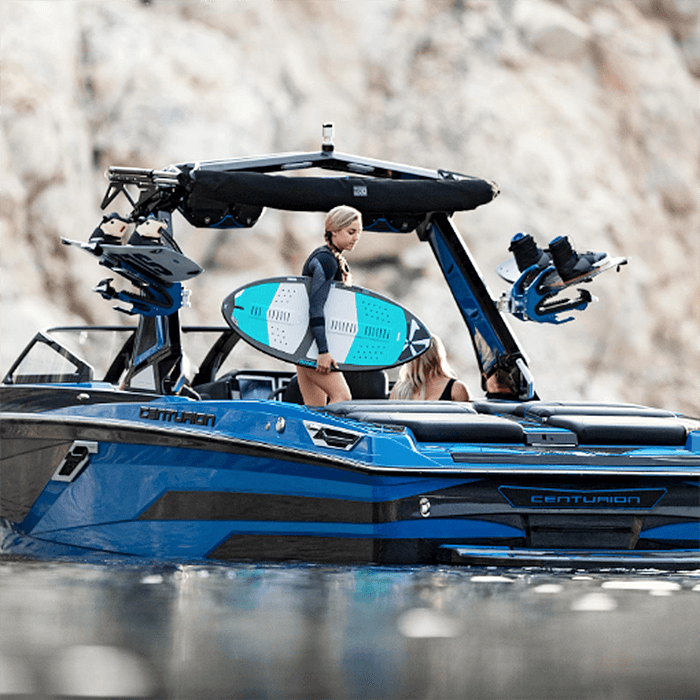Boating license requirements in Vermont

Vermont law requires all motorized boat and PWC operators born after January 1, 1974, to pass a boater safety course and to carry a boater education card.
Vermont boating laws & regulations
Vermont PFD Regulations
It is required to have a personal flotation device for everyone aboard your boat — and anyone under 12 must wear the PFD at all times. Ensure the devices are in good shape before you leave shore. Make sure they fit, and that people on your boat know how to use them.
Vermont Boating Under the Influence
It is illegal to operate a vessel while under the influence of drugs or alcohol in the state of Vermont. A person can be convicted of boating while intoxicated (BWI) for operating a vessel while:
Under the influence of drugs or alcohol "to a degree which renders the person incapable of operating safely,"
or
having a BAC of .08 or more
FAQ - Boating in Vermont
- Who is required to take the boating safety course in Vermont?
- Vermont law requires all motorized boat and PWC operators born after January 1, 1974, to pass a boater safety course and to carry a boater education card.
- Who is exempt from having to take the boater education course in Vermont?
Only persons born before January 1, 1974 or U.S. Coast Guard licensed operators are exempt from having to take the boating education course.
- What are the age restrictions regarding boating safety in Vermont?
Any person under the age of 12 can not operate a motor boat of more than 6 horse power.
The student must be at least 10 years old to take the course and be certified.
- Do I need to register my boat in Vermont?
A Vermont Certificate of Registration and validation stickers are needed to operate any vessel propelled by a motor legally on the public waters of Vermont.
Registration/title and validation sticker application forms are available from the Vermont Department of Motor Vehicles.
- Is my boating license good in other States?
Every U.S. state that demands a boating license will accept Boating Education Licenses from other states that conform to NASBLA requirements as well.
You should follow your safety course in the State where you are resident.




